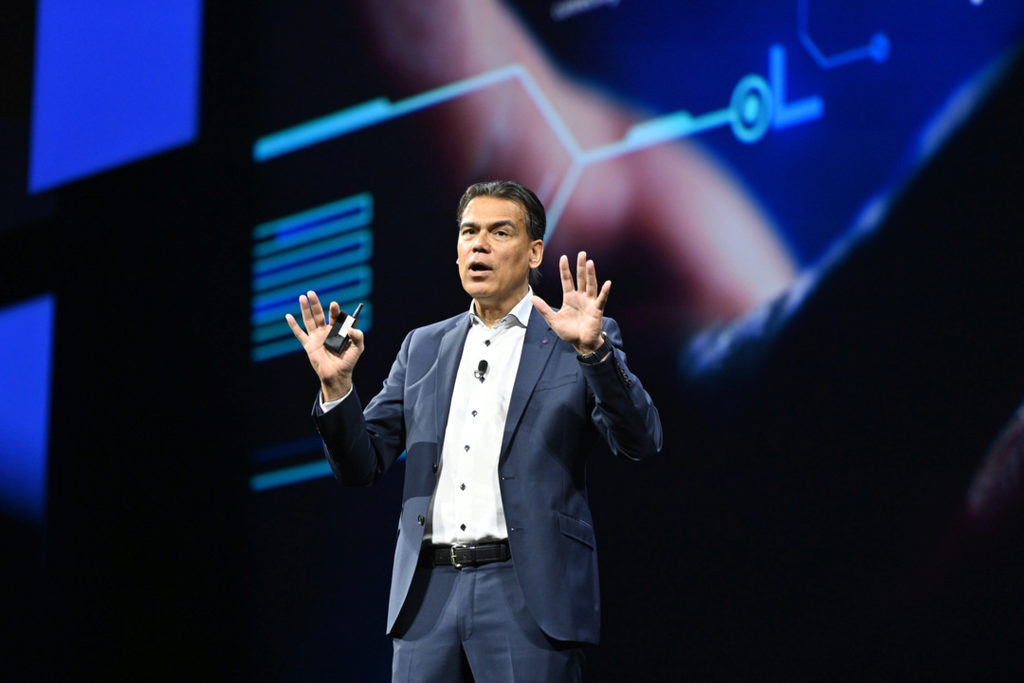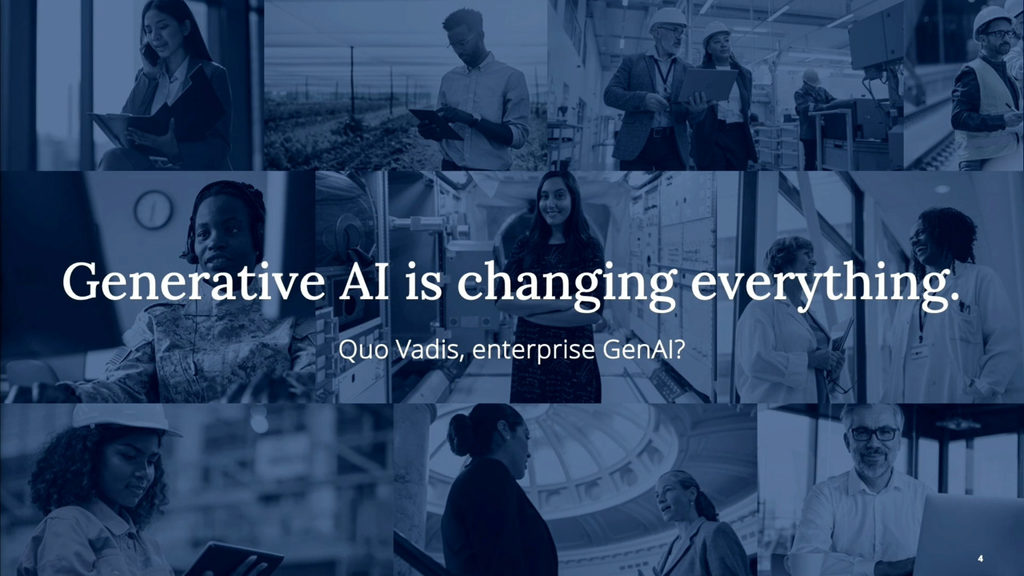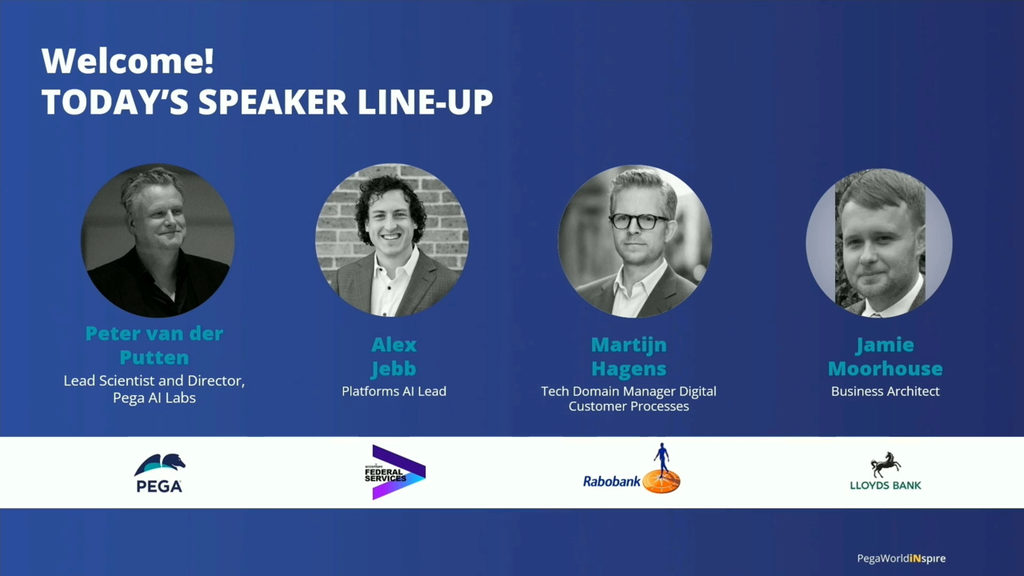
Meeting the
AI moment
Unleashing intelligence for limitless outcomes
Meeting the
AI moment
Unleashing intelligence for limitless outcomes

It seems like all of a sudden, AI is everywhere. But at Pega, it's been here all along.
As an AI-powered platform, decisioning is in our DNA. It’s small wonder, then, that Pega is the ideal environment for AI to thrive – where decisions and workflows live at the center. Silo-free. Solution-ready. And the enterprise-grade experts we look to? Well, they all work here. Here's how they think about practical application today – and how to drive business-defining outcomes tomorrow.
Hear the latest in AI from our experts
Alan Trefler | Enterprise Transformation with AI: Powering the Autonomous Enterprise | PW 25 keynote
Don Schuerman | Beyond Resilience: Architecting Tomorrow's Enterprise | PW 25 keynote
Rob Walker | The Autonomous Enterprise Evolution: From AI to ASI and Back Again | PW 25 keynote
Nine guiding AI principles
Pega created the definitive manifesto on AI for the enterprise. Armed with these principles, you’ll cut through the AI hype and chart your journey to drive real, business-defining impact.
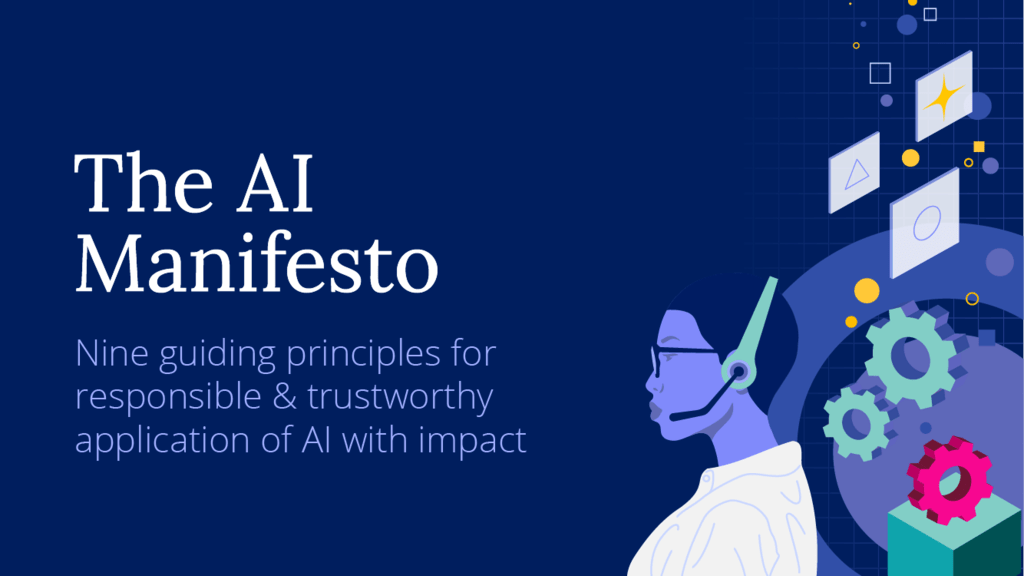
AI for the Enterprise:
Unprecedented innovation meets best practices for a new age
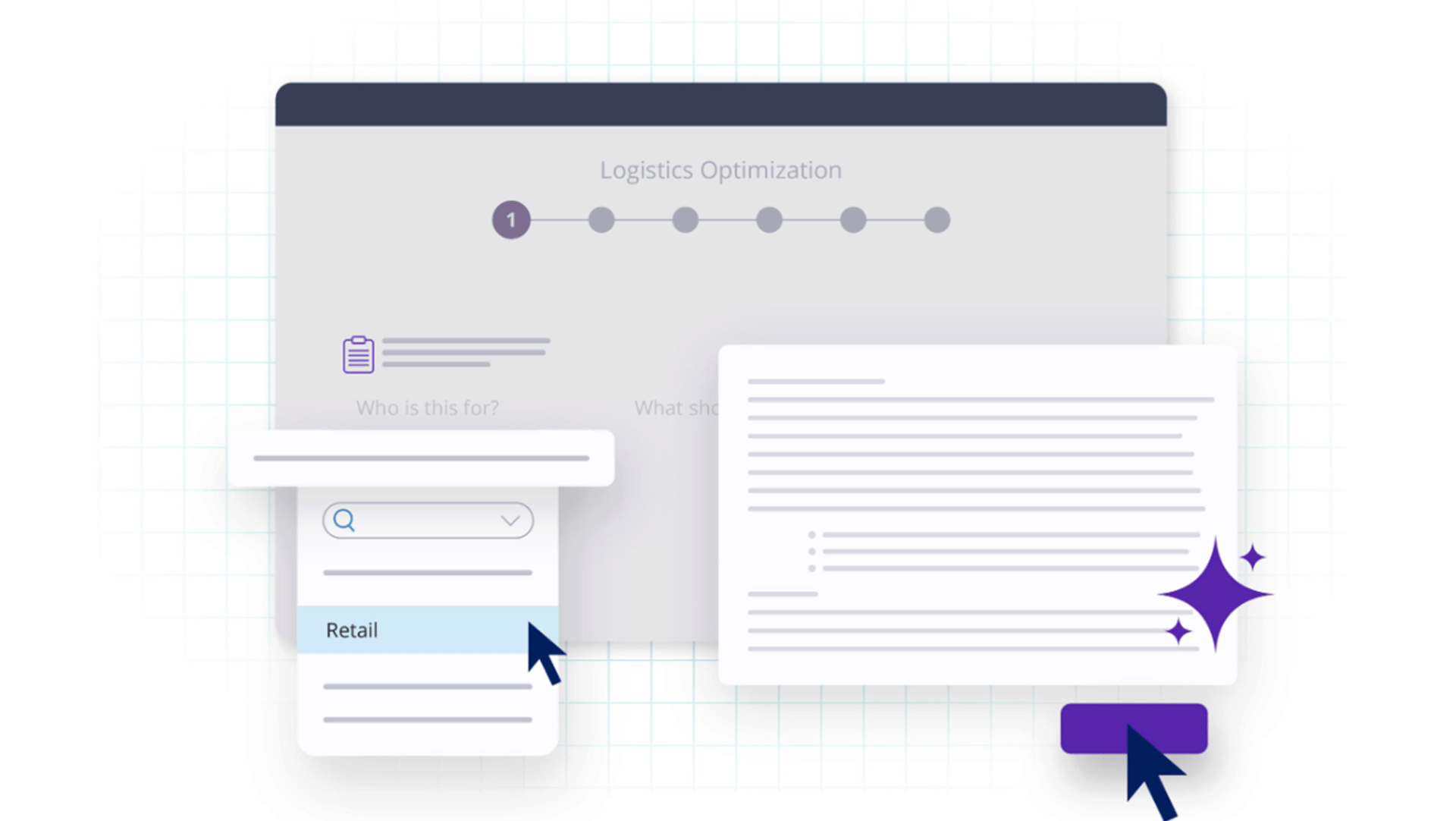
We've revolutionized app design
Have an idea? Build it now, instantly.
Optimize workflow design, fast, with the power of Pega GenAI™. Set your vision and see your workflow generated on the spot. We’ve revolutionized app design. Are you ready?
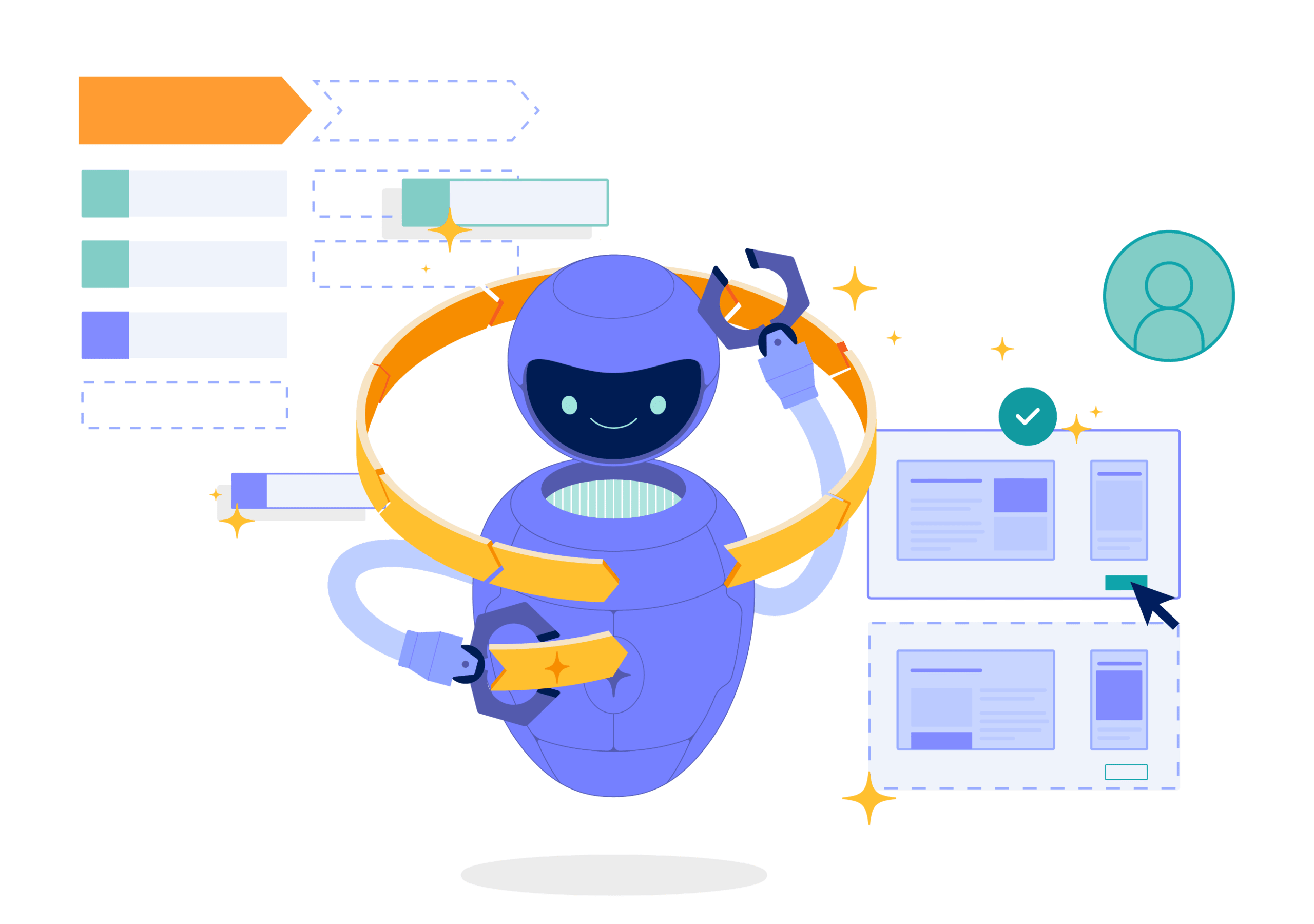
Agentic AI:
Think bigger than agents
Connect AI agents to so much more than just prompts. By turning your trusted workflows into agents, work stays consistent and gets to done-done faster – all without compromising enterprise standards. Only Pega builds agentic AI into every workflow for true enterprise governance, predictability, and transformation.
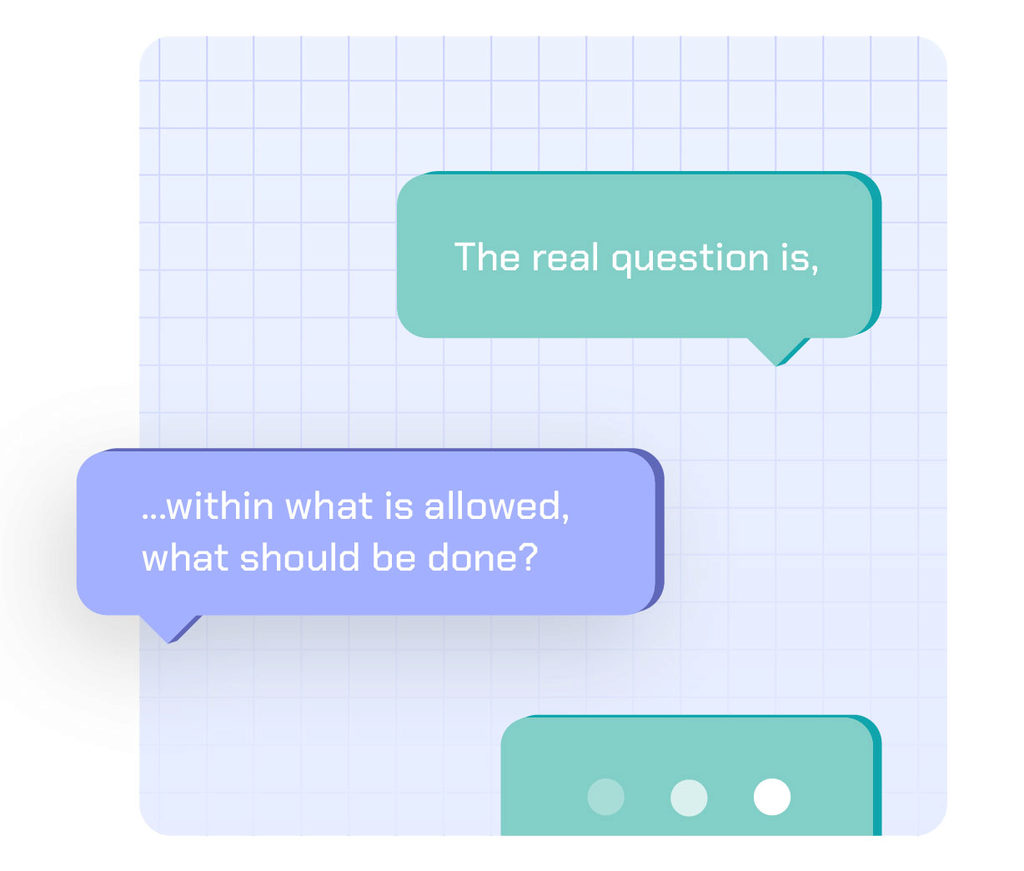
Responsible AI:
With great power comes
greater responsibility
AI needs guardrails. But you can design for responsibility and ethics. We wove responsibility into our products based on essential values: transparency, accountability, fairness, and above all, empathy. From ensuring that your AI is making decisions based on real-time context to offering transparency into Gen AI’s every action, built-in, human-focused guardrails provide an ethical, responsive compass that our customers trust.
The autonomous enterprise:
Self-optimize everything
Imagine workflows that accelerate on their own. Or an exception that’s resolved before it even happens. Now imagine all this, at scale. This is the promise of the autonomous enterprise: a self-optimizing business that applies deeper levels of AI and workflow automation to every operation, customer interaction, and touchpoint, unlocking limitless value. And it’s ready for you, right now.
AI governance and security
Delivering true AI value enterprise-wide takes balancing innovation with responsibility – combining governance, integration, and data privacy for ethical, transparent, and trustworthy AI. Read on for guidance and advice from our Pega expert.
Pega AI Lab
Learn more about innovation in AI through our thought leadership and media.

AI-Powered Decisioning
Unlock the power of AI to drive
better decisions, at scale.
Make every customer interaction, service operation, and workflow self-optimizing for the next best decision, every time.

AI-Powered Decisioning
Unlock the power of AI to drive better decisions, at scale.
Make every customer interaction, service operation, and workflow self-optimizing for the next best decision, every time.






